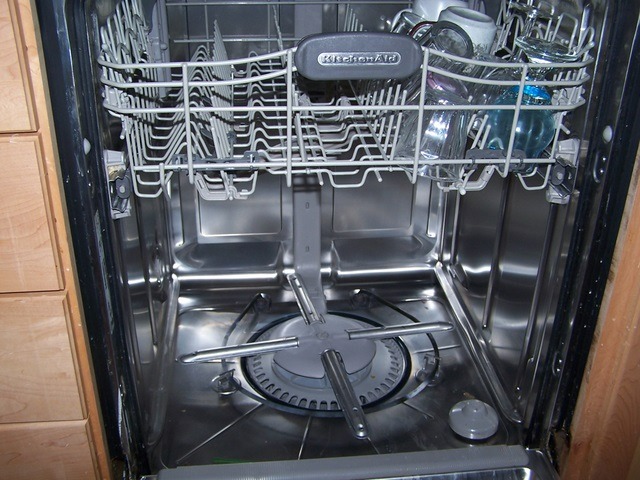Toaster throwing error codes? Dishwasher flashing angry red? Your washing machine beeping like a smoke alarm? While these signals send most people scrambling for the manual, married men often treat them like elevator music—persistent, annoying, but ultimately ignorable. That blinking light becomes as routine as morning coffee, creating a pattern that extends well beyond simple stubbornness.
The “It Still Works” Defense
When functionality trumps safety warnings, psychological shortcuts take over.
This dismissive behavior stems from what researchers describe as status quo bias—the tendency to stick with familiar patterns even when change makes sense. According to reports on goal-oriented thinking, married men often prioritize immediate functionality over long-term maintenance. The toaster still browns bread, so why fix what isn’t broken?
This efficiency-focused mindset treats warnings as suggestions rather than urgent alerts. The incremental nature of appliance degradation means problems develop slowly, reinforcing the false confidence that warnings are crying wolf.
Manual Reading Equals Admission of Defeat
Social pressure to be the household “fixer” creates resistance to consulting instructions.
Cultural expectations position men as natural troubleshooters who solve problems through intuition and experience. Cracking open the manual feels like waving a white flag—especially in front of family members who might question their competence.
This creates a feedback loop where guesswork replaces guidance, and ignored warnings become badges of self-reliance rather than safety concerns. When that refrigerator filter light has blinked for six months without consequence, it becomes background noise—like ignoring software update notifications on your phone.
Risk Tolerance Meets Warning Fatigue
Higher risk acceptance combines with alert overwhelm to create dangerous blind spots.
Research suggests men typically tolerate more uncertainty than women, extending this comfort with risk to household appliances. The psychology runs deeper than stubborn independence, however. Social commentary indicates that viewing household systems as extensions of personal competence creates blind spots around collaborative maintenance.
When the dishwasher finally floods the kitchen after months of ignored alerts, the response is typically to blame the machine rather than reflect on warning dismissal patterns. This externalization reinforces ongoing disregard for alerts, making future household conversations more challenging.
These habits carry real costs beyond bruised egos. Ignored maintenance alerts lead to expensive repairs, safety hazards, and household friction when partners have different approaches to appliance care. Recognition of these patterns—not relationship therapy—offers the clearest path toward kitchen peace and functional appliances.


















